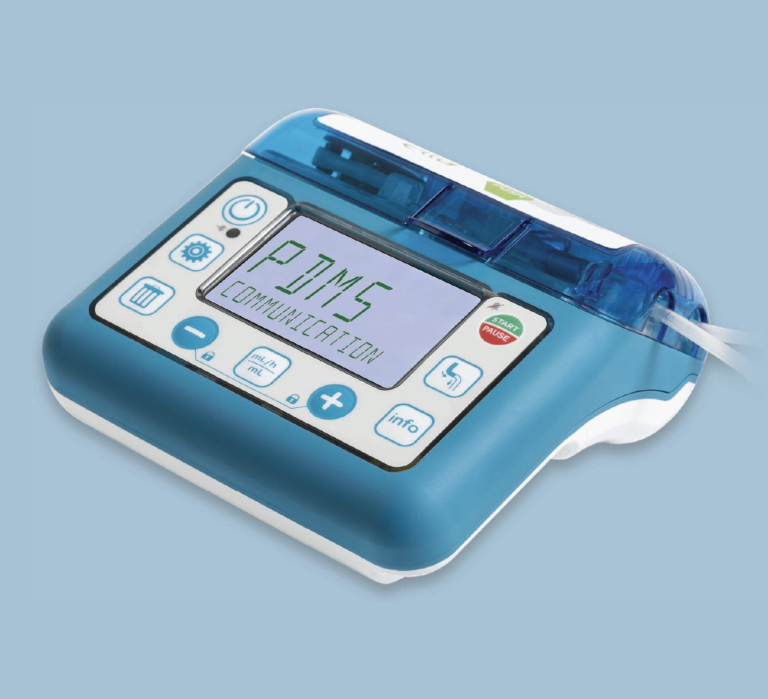Nutrition monitoring may improve critically-ill patient outcomes
An international multicentre observational study exploring the relationship between nutritional support and clinical benefit showed that the energy and protein intake of critically ill patients was significantly lower than prescribed, despite nutritional support being part of the therapy1.
This deficit may have been due to multiple factors, including interruptions for surgery or routine procedures, the precedence given to other critical-care procedures, or the lack of tracking of nutritional intake.
Achieving nutritional targets can significantly impact patients and intensive care units:
- Caloric deficit is associated with an increase in ventilator days, complications and length of stay2
- Protein deficit is associated with increased mortality 3-6
- Greater nutritional intake during the first week in the ICU is associated with longer survival and faster physical recovery up to 3 months in critically ill patients requiring prolonged mechanical ventilation7
A systematic approach to nutritional support can improve patient outcomes. Each patient’s individual needs should be determined and a tailored nutritional therapy drawn up, including type of solution, delivery site and access devices, and administration rate and method8. Nutrition monitoring is also an integral part of this systematic approach, yet it can be complex and require tedious manual calculations and tracking, which are time-consuming and susceptible to human error9. However, solutions exist to facilitate this process.
The Compat Ella enteral feeding pump makes it easier to monitor prescribed nutrition. She can be connected to a hospital Patient Data Management System (PDMS) to allow real-time tracking of nutrition and so improve patient outcomes.
How does Compat Ella PDMS-compatibility improve patient outcomes?
Makes the Feeding Process Visible
- Integration of nutritional advice and automatically generated feedback (pop-up warnings) to users enables quick clinical response.
- Comparison to target to better adapt of feeding rates to avoid energy deficit.
Facilitates Nutritional Metabolic Monitoring
- Integration of enteral nutrition delivery into total fluid and electrolyte balance as well as glucose charts.
- Supports standardization of prescription.
- Facilitates adequate protein, carbohydrates and lipid delivery.
Allows Automated Data Collection and Control
- Reduces workload associated with data manual entry and computation allowing nurses to spend more time with the patient.
- Reduces number of missing data.
- Automates extractions enable the continued quality control process, feedback loops and adequate follow-up.
Meet Compat Ella
The Compat Ella enteral feeding pump is PDMS-friendly and helps improve nutritional status in ICU patients. She is also intuitive, easy to use and comes with a myriad of services to facilitate pump management.

For more information, see the article Optimizing nutrition with an integrated nutrition module, Myth or Reality? of Prof. Dr. Ronny Beer on healthmanagement.org



